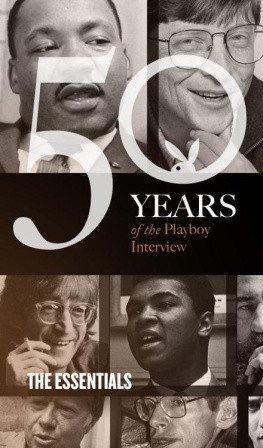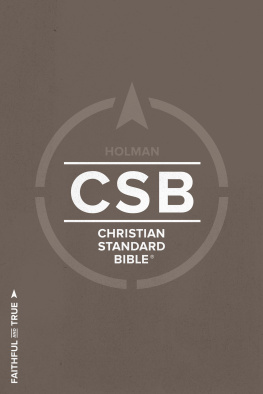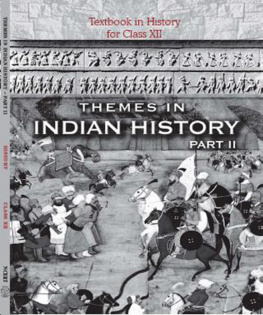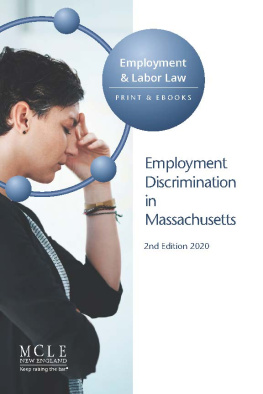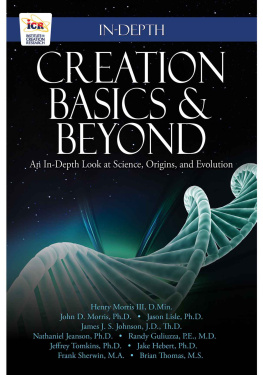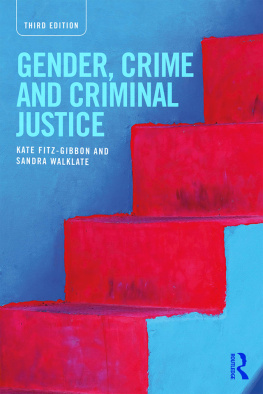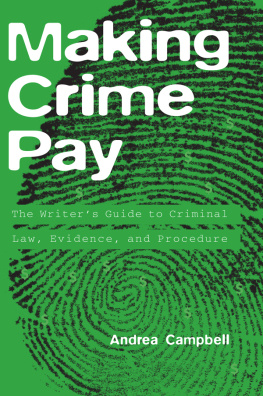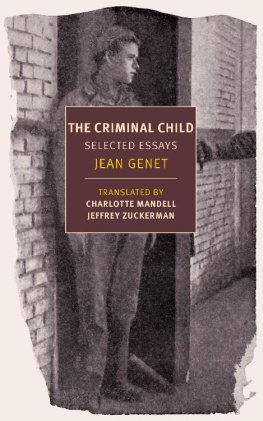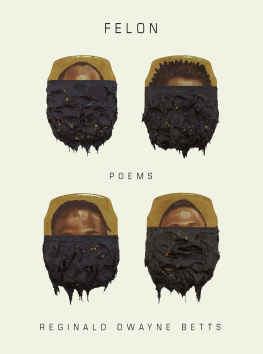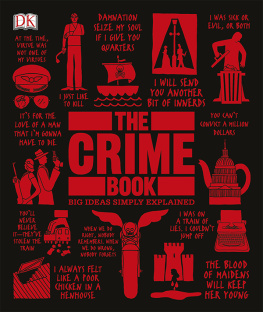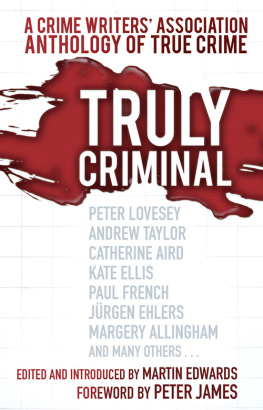THE FELON
ESSAYS ON CRIME
AND THE CRIMINAL
By
VARIOUS
Copyright 2020 Read & Co. Great Essays
This edition is published by Read & Co. Great Essays,
an imprint of Read & Co.
This book is copyright and may not be reproduced or copied in any
way without the express permission of the publisher in writing.
British Library Cataloguing-in-Publication Data
A catalogue record for this book is available
from the British Library.
Read & Co. is part of Read Books Ltd.
For more information visit
www.readandcobooks.co.uk
Contents
THE ORIGIN OF CRIMINAL LAW
By Willia m W. Billson
HUMAN AGGREGATI ON AND CRIME
By M. G. Tarde
CONDEMNATION OF CRIMINALS NO T PUNISHMENT
By Edward F. Brush, M. D.
THE LANGU AGE OF CRIME
By A. F . B. Crofton
TYPIC AL CRIMINALS
By Samuel G. Smith, Ll. D
THE STAMPING OUT OF CRIME
By Dr. Nath an Oppenheim
CRIMIN AL FESTIVALS
By M. Guill aume Ferrero
POLITI CS AND CRIME
By A. G. Warner
RESPONSIBILITY IN CRIME FROM THE MEDICA L STANDPOINT
By Sanger B rown, M. D.,
CRIMINAL ANTHROPOL OGY IN ITALY
By H elen Zimmern
ON THE CAU SES OF CRIME
By Hon. Hor atio Seymour
NATURAL SELECTI ON AND CRIME
By Prof. Edw ard S. Morse
SPONTANEOUS AND IMI TATIVE CRIME
By E . Vale Blake
EDUCATI ON AND CRIME
By Rev. A. W. Gould
HYPNOTISM IN DISEA SE AND CRIME
By A. Binet And C. Fr
THE DECLINE OF CRIMINAL JURISPRUDENC E IN AMERICA
By Gino C. Speranza
POSTHYPNOTIC AND CRIMINA L SUGGESTION
By Prof. William Rom aine Newbold
THE CRIMINAL
By J. D. Beresford
THE ORIGIN
OF CRIMINAL LAW
By William W. Billson
ANTERIOR to all regulations for the punishment or suppression of wrongs by an exercise of public authority, there was, as is generally agreed, a time when injuries found redress only through the resentment and retaliation of the injured party or his kin.
The progress of society from this rude sort of vindictive justice toward approved systems of criminal law presents some suggestive examples of the devious paths through which early communities were led to the recognition of truths which to us appear elementary. Nor is the history of this progress less intelligible or instructive to the general reader than to the professional student of the law; since it derives its interest not from its professional bearings, but from the interesting illustration which it affords of general methods of institutional development. In order to secure an accurate conception of the legal system, the early growth of which it is proposed to examine, it may be well to premise that the criminal law, which with a substantial uniformity of cardinal ideas now prevails in all civilized states, is well defined as "that branch of juridical law treating of those wrongs which the government notices as injurious to the public, and punishes by what is called a criminal proceeding, in it s own name."
If it is desired to ascertain the point at which public authority began to supersede private revenge in the punishment of wrong-doers, it is worthy of observation that instances abound of tribes among whom the only offenses punishable by public authority are treason and its cognates, such as cowardice and desertion. Such was at one time the condition of the old German nations, and a similar paucity of recognized crimes is still discoverable among many of the Polynesian and American Indian tribes, and is indeed quite characteristic of civilized races. On the other hand, probably no instance can be cited where public authority has been exercised in the punishment of other offenses prior to its employment against those of a treason able nature.
Indeed, we can scarcely imagine a phase of society so primitive but that treason if committed would be so punished. The traitor deals his blow not at a particular individual but equally at every member of his community, each of whom is therefore impelled to retaliation by the same natural impulse to which he responds in avenging a personal injury. Consultation and combination among the members of the betrayed community, with a view to revenge, are then as much a matter of course as in the case of an ordinary private injury they are among the family of the injured party. But, if proceeded against only by virtue of this general sense of personal injury, treason would still be destitute of the characteristics of a true crime. It may be said with perfect accuracy that every criminal law has for its object either to preserve the existence of government or to secure the adequate discharge of its functions. Many acts involving no moral delinquency are declared crimes. Others of an immoral nature are not. The one thing that can be said without exception of every crime is this: that it is supposed to militate against either the existence or the functional efficiency of government. Given a government and a recognized governmental function, and a resort to penal sanctions in their aid must always have been an obvious necessity The tardy growth of criminal law is to be ascribed not to a failure of primitive societies to perceive this, but to their ignorance of what the true functions of government are. That which invested treasonable offenses with the character of true crimes before other species of wrong-doing had attained that dignity was the circumstance, now well attested, that after the family and gens the earliest governmental organizations were offensive or defensive military confederations, entered into with sole reference to organic movement against common external foes, and not with a view to internal or police regulations. That this was so no further evidence is required than to consider on the one hand how obvious and universal an expedient, even among savages, military confederation is, and on the other by what slow and unsteady steps and circuitous paths 'early societies have, as will be hereafter shown, found it necessary to advance toward the conception and inauguration of a general administration of justice. The institution of governments for military purposes involved the immediate rise of those branches of criminal jurisprudence which have for their objects respectively to preserve the government and to secure the efficient discharge of its military function. There are many of the American Indian tribes among whom the exercise of public authority for the protection of the person or property of individuals from injury is unknown, who yet in times of war organize a temporary government by the election of a military chieftain whose powers within their limited sphere are absolute, and are rigorously exercised in the punishment of treason, cowardice, desertion, and military insubordination or inefficiency. This is the extent of their c riminal law.
Acts of violence by one person upon the person or property of another are not punishable, since the suppression of such acts is not among the purposes for which such a government is organized. But, for the treasonable or military offenses of which they do take notice, penalties are imposed upon the true theory of criminal jurisprudence, to uphold the government or to aid its efficiency.





